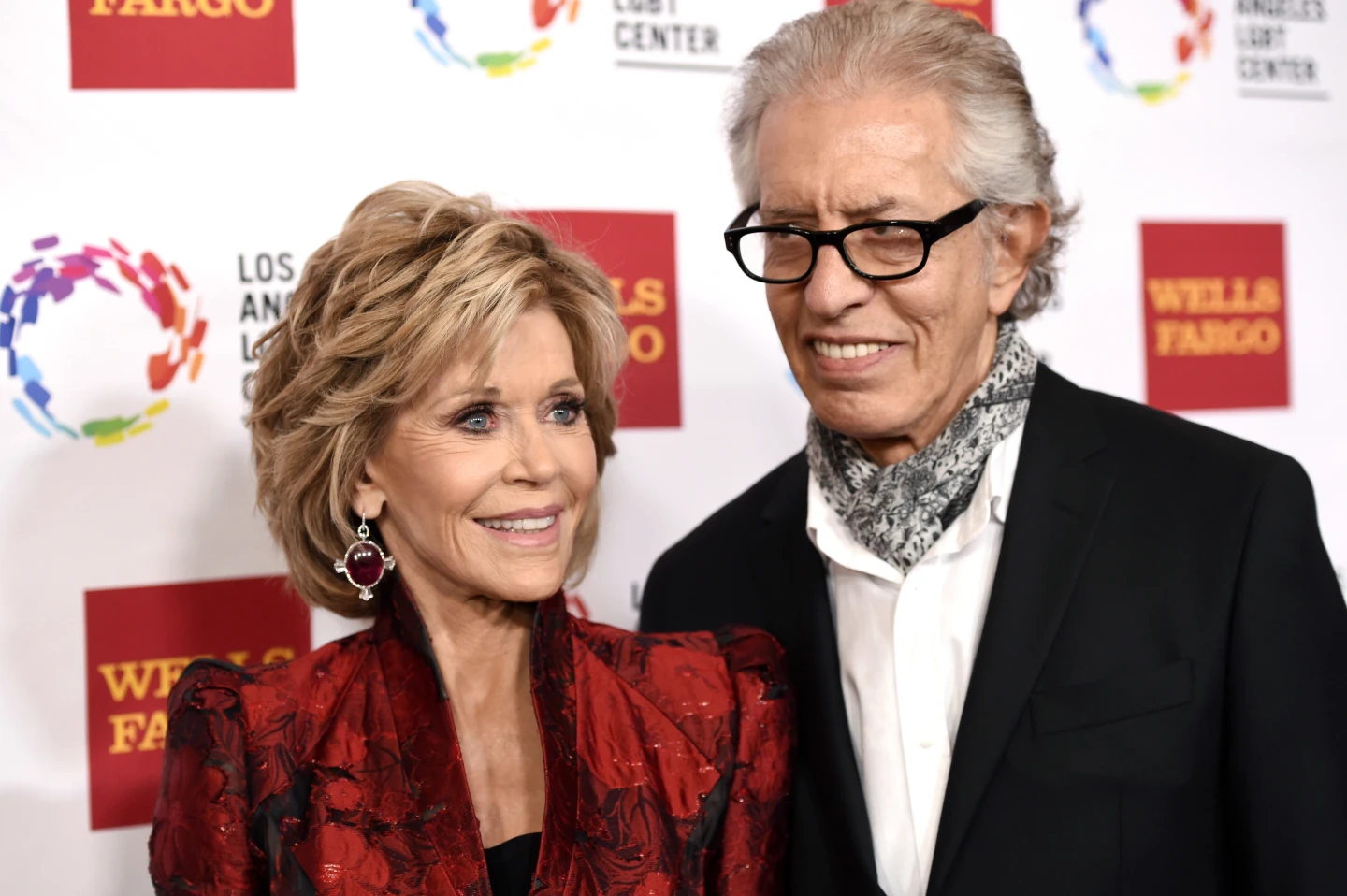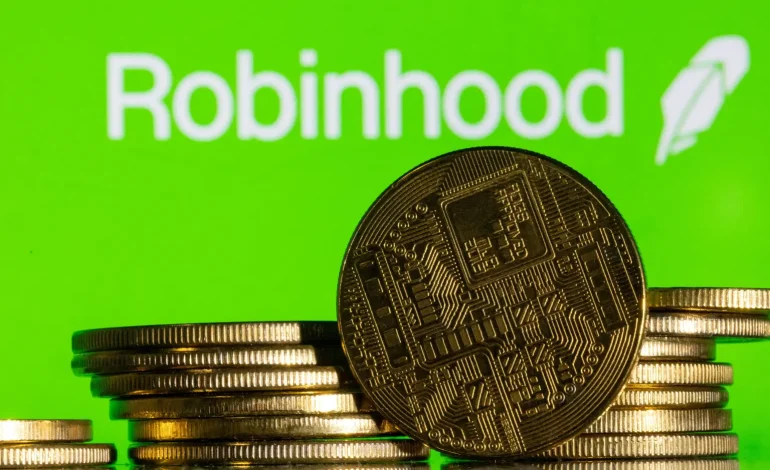Robinhood, a major US investment platform, announced a new political betting initiative, allowing users to bet on the 2024 presidential election outcome by purchasing contracts on either Donald Trump or Kamala Harris.
This move on Monday aligns Robinhood with a growing trend in political prediction markets, where both individual and institutional investors can trade on the likelihood of various electoral outcomes. The feature, made possible through Robinhood Derivatives and ForecastEx, lets users place bets on who will win the presidency, with payouts of up to $5,000 for accurate predictions.
Robinhood’s election contracts are priced between $0.02 and $0.99, reflecting the real-time market perception of each candidate’s chances. If a user selects the winning candidate, they earn a $1 payout per contract, representing the potential for notable gains if they correctly predict the election result. Each user may purchase up to 5,000 contracts, opening the door to a maximum $5,000 return if they make the right call.
This decision to enter the election betting market follows a recent ruling allowing firms to offer election-related contracts, which saw major trading entities such as Kalshi and Interactive Brokers enter the space. Robinhood’s entry is particularly significant, as it is one of the most prominent investment platforms to offer election prediction contracts, adding further legitimacy to the emerging market. Despite an appeal by the Commodity Futures Trading Commission (CFTC) on the recent ruling that legalized these contracts, the platform went forward with the launch, showing strong confidence in the market’s appeal to its user base.
Wagering on the 2024 election has, so far, favored Trump, with many betting platforms reporting that users are leaning heavily towards the former president’s return to office. The betting market’s trend aligns with recent predictions that Trump has a significant chance of clinching victory. For users interested in Robinhood’s contracts, trading will be available almost 24/7 in the week leading up to the election, pausing only for a 15-minute break daily. The final contract payouts will be made in January 2025.
New York Post and Forbes contributed to this report.









